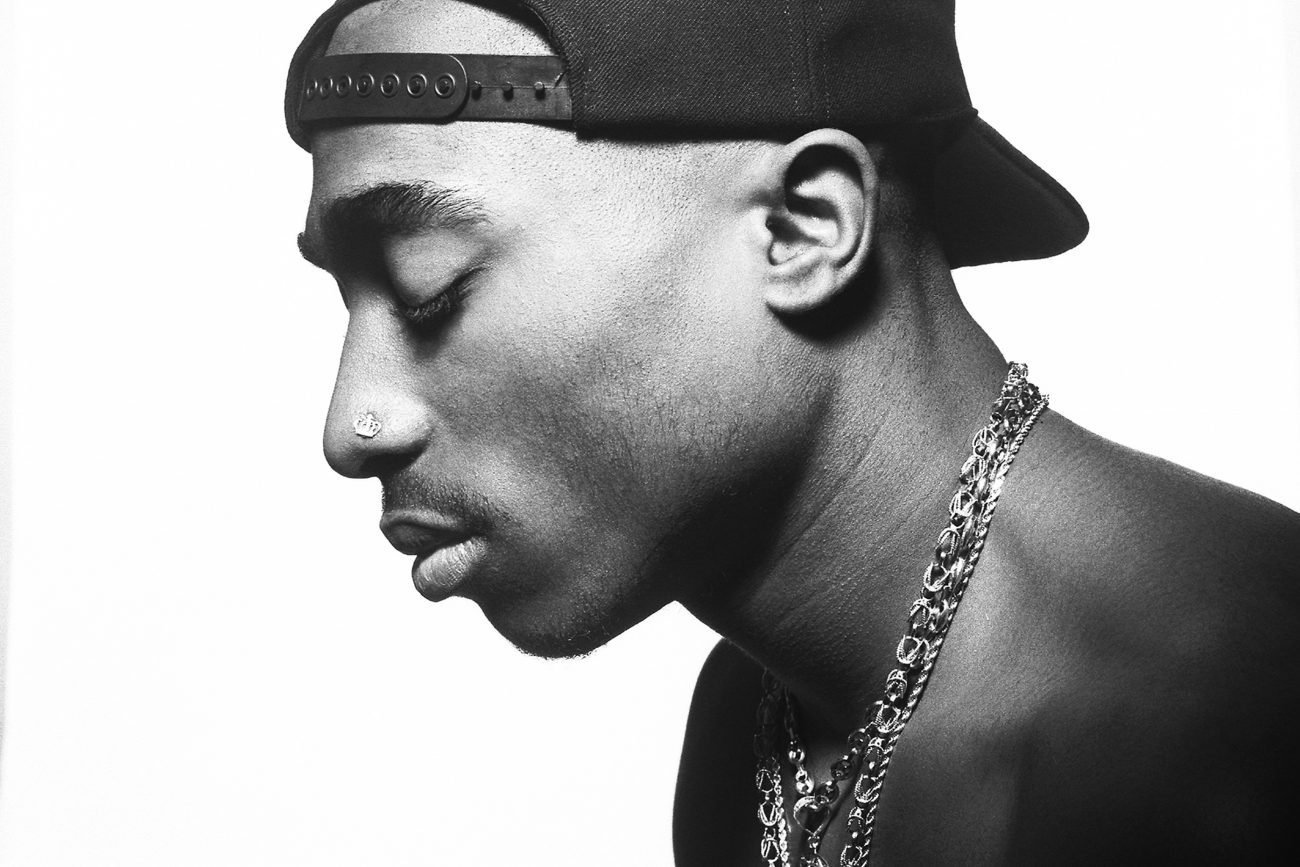
GLOBAL insights corner
providing up-to-date Insights, data & perspectives on the world’s greatest cultural challenges
strategy
culture
communications
Business
ECONOMICS
Glass Ladder Group-- 2015 Was Amazing... But Watch Out 2016
Last year was a monumental year for me and my company (Glass Ladder Group). I am often in disbelief and awe at the amount of change, transition and success that I have seen in this short amount of time.
A year ago, I lived in Washington, D.C. and was working for an organization as the Acting Director. My work environment was miserable. Each week I put in way more work than my fair share and each week I was told that my consistent 13 hour work days did not matter. My life's work, intercultural relations, was not important. It did not bring in enough money and it was a waste of the institutions resources. For me this was devastating.
Culture: Dispelling the Myth
Let’s take a moment to dispel the myth that culture begins and ends with our ethnicity, or that culture shock is only a thing that we experience when we move to a completely new country. Truth is, moving from the 60s to 104th is as much of a life-changing cultural exchange as living abroad in Paris for a semester.
Nursing Home Culture: A Dual Perspective (Part 1)
Last year I hosted almost 100 foreign Fulbright scholars for their orientation into the Fulbright program and American culture. As a part of the program we organized a community service activity. After much debate in the planning process we decided to take the scholars to a nursing home.
The Charleston Massacre: A Culture of Terrorism Denied
I have always tried to remain fair and balanced. As an interculturalist it has been my life's work to create mutual understanding and provide objective mediation across cultures. But I have to admit, I am struggling to see the other side in the case of the historical Emanuel AME Church massacre in Charleston, SC.
Tupac Shakur: What Intercultural Texts Keep Missing
I have read plenty of intercultural texts about the late great Tupac Shakur. Some of these texts characterize Tupac as a "gangster rapper" discussing his death and history of, "struggle with poverty, relocation, family separation, and violence," [Digital Generations: Children, Young People, and the New Media. 2013]. Others tout his, "messages of resistance, struggle, and empowerment in the face of racism and oppression," [Globalizing Intercultural Communication: A Reader. 2015]. These pieces normally center around the influence of Tupac Shakur on the African-American culture and beyond. Unfortunately, I have yet to find an article that engages it's audience in the discussion of Tupac's actual culture.
Rachel Dolezal and the Ineffectiveness of "Going Native"
Recently, I was introduced as Brazilian in a meeting with the upper management of an organization. Now, anyone who really knows me, knows that I am not Brazilian. While this piece of information was incorrect, I chose to save the person giving my introduction some embarrassment by not correcting them. In that instance I knew that this group of people would leave the room believing that I was Brazilian and that I would be responsible for making the choice to clarify my actual cultural heritage. But I won't lie, the thought of them believing that I was from a place that I so adore was flattering to me. I even thought, "hey, let them think what they want," for a brief moment. I mean why not? I've lived in Brazil, I've studied Portuguese, I can cook a mean Moqueca de camarão and I Samba my butt off anytime I have the chance.
Freedom of Expression in a Multicultural World
As societies become more culturally diverse the notion of freedom of expression takes on a new level of complexity. For journalist whose profession depends on this freedom, understanding the world's increasing multicultural landscape is critical and can even be a life or death matter.
Introducing SabrinakGarba.com
There comes a time in every serious professional's life when they have to go out, buy a web domain and start to build their own personal brand. At least that's how it is shaking out for me.










Artificial Intelligence is transforming how leaders think, not just how they work. This article explores how AI unlocks divergent thinking — the creative, expansive mindset that drives innovation — and why global executives must harness both machine precision and human imagination to navigate today’s cultural and strategic complexity. GLG breaks down what creative leadership looks like in the AI era and how institutions can turn insight into aligned, culturally intelligent strategy.